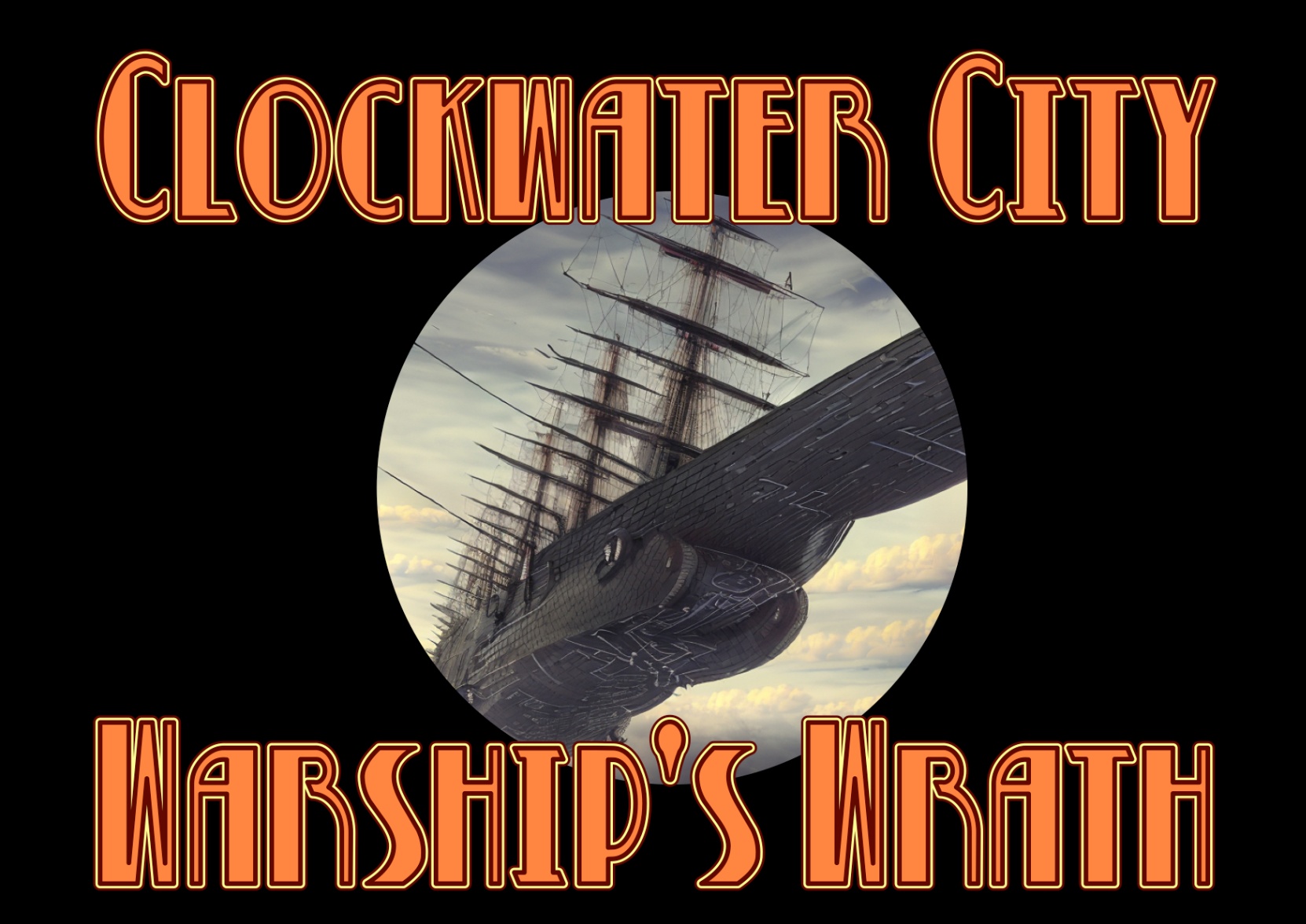13 Things I learned by Publishing my first Book
I made a public declaration that I would publish 5 books in a month as a challenge to myself. I published the first one over the weekend 2023-04-02. I decided to make a comic book so that I could use images created by AI, and so that it would be short :):
https://www.amazon.com/Clockwater-City-Warships-Chris-Adams-ebook/dp/B0C19GS9X8/

It is on Kindle Unlimited so free if you want. I ordered a print book for myself.
1. I am not trying to be great: just trying to ship
To quote Steve Jobs: "Great artists ship" so I will too.
2. Start with a goal to discover and use the tools
I learned this from Beeple: work on it every day and pick a project to learn a tool. The tools you have can inform the art that you will create.
3. Amazon gives you free software to publish and create your book
It is really one-click easy to publish.
4. The massive amount of creative content is a new chapter for the internet
There are thousands of books and songs and videos released every day. Amazon and Spotify and YouTube are the main marketplaces for today. As a creator, you may or may not find an audience. I follow people that make good livings on these channels but I don't expect to. Now you can publish a book, song or video with a single click and millions of people do.
5. These platforms LOVE new content and want to make it very easy for you to publish
6. I would not have written this without using AI
I never considered writing a fiction book until recently. Using AI made it doable. Any time I had writer's block I just asked for 20 suggestions from AI and it was happy to oblige.
7. I let the tools dictate the tone
Most of the sentences in the story were eventually written by me in my "voice." However, the marketing blurbs that I struggle with for myself were 100% AI. I had to ask ChatGPT to "tone it down" a few times. For future books I will let the writer's voice be somewhere in the middle. My writing style is too dry for fiction, ChatGPT is too dramatic.
8. The conversational abilities of ChatGPT4 meant that I could ask it for summaries and new plot ideas and it kept it in the sci fi "world"
It was a real conversation.
9. These writing tools combined with print on demand make it extremely cheap
I spent less than $50 and I can write as many books as I want. I spent $10 on image prompts, $30 on comic book layout (still on the free trial lol) and $7 to get a real print copy. You can really spend $0 if you want.
10. If you are using ChatGPT you will need a way to organize its output: use a text editor
It is like drinking from a firehose: there will be a lot of text and you may only want to use 5-10% of it. I used a code editor: that is what I do for a day job. I started with Google Docs but that is formatted which caused problems. I needed plain text with full search. I use a JetBrains IDE but VSCode is similar and free to use. I converted everything to text and created a git repository. This lets me easily change the names of things all at once, have multiple windows open at once and search.
When you are done with your manuscript you can then paste it into Kindle Create for formatting.
11. You need to check for plagiarism from ChatGPT
I am pretty confident that the final story is maybe not earth shattering but it is unique. When I asked for names of the city that became Clockwater City ChatGPT gave me some names that sounded great but I found out that they were from Elder Scrolls! The legend is that the Grateful Dead got their name by picking words out of the dictionary and sticking them together so that's basically what I did to create a "unique" name.
12. Let your experience guide your project: use a spirit of discovery
I basically took some ideas and ran with them. I found an "AI comic book publishing" site, probably from a list here. When I saw "steampunk" as one of the styles I went with that. After asking ChatGPT for many scenarios I realized that I could create a world like Star Wars/Middle Earth/etc. that could support many stories. When I saw that I could easily publish a series on Amazon that is the direction I went in.
13. It was important to 100% publish a book: the content was secondary
I am pleased with the book as it came out but that is a side effect of what I was trying to do. In the past I have been paralyzed by trying to make "the greatest thing ever" and then, of course, never making anything. I learned so much by following the process I would encourage anyone else to scratch the same itch and give it a try. At first the book did not get accepted by Amazon because they did not think it was a comic. I just changed the category to what they suggested: that is a problem for another time.
It was very liberating to put something out simply because it was "finished" not necessarily because it was my life's work. The small things that tripped me up in the past when I tried to create projects that were too precious just did not matter.

No comments.